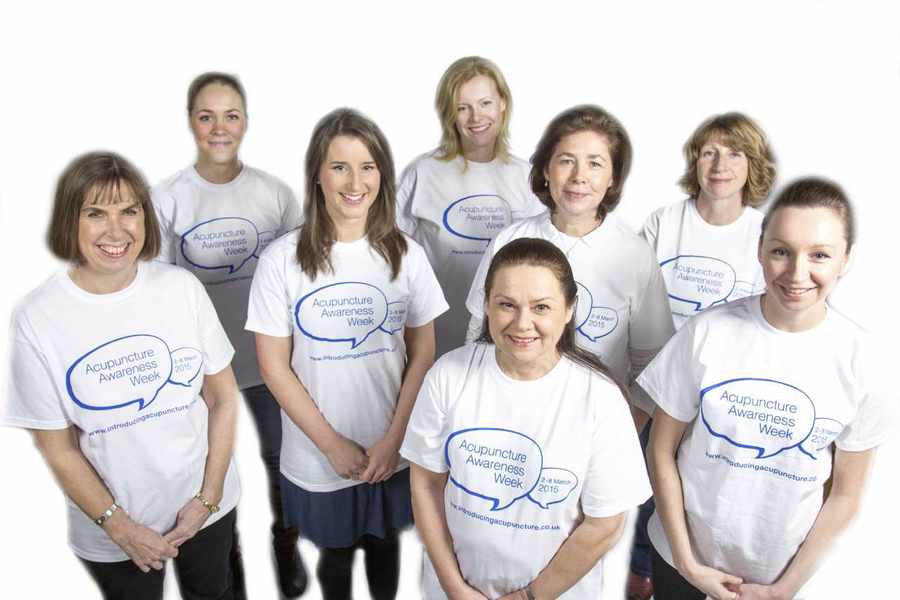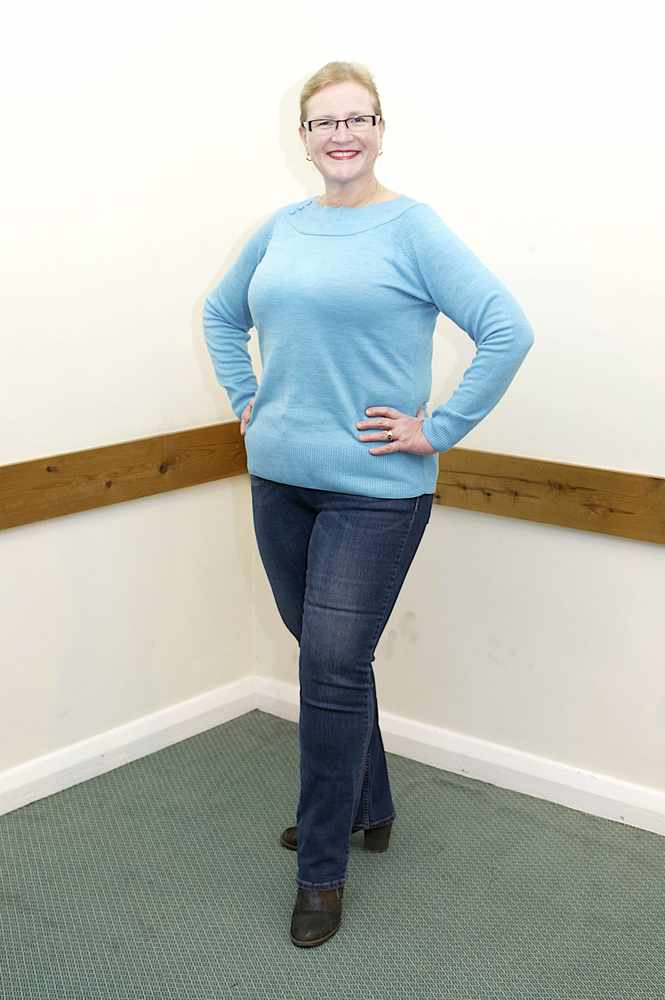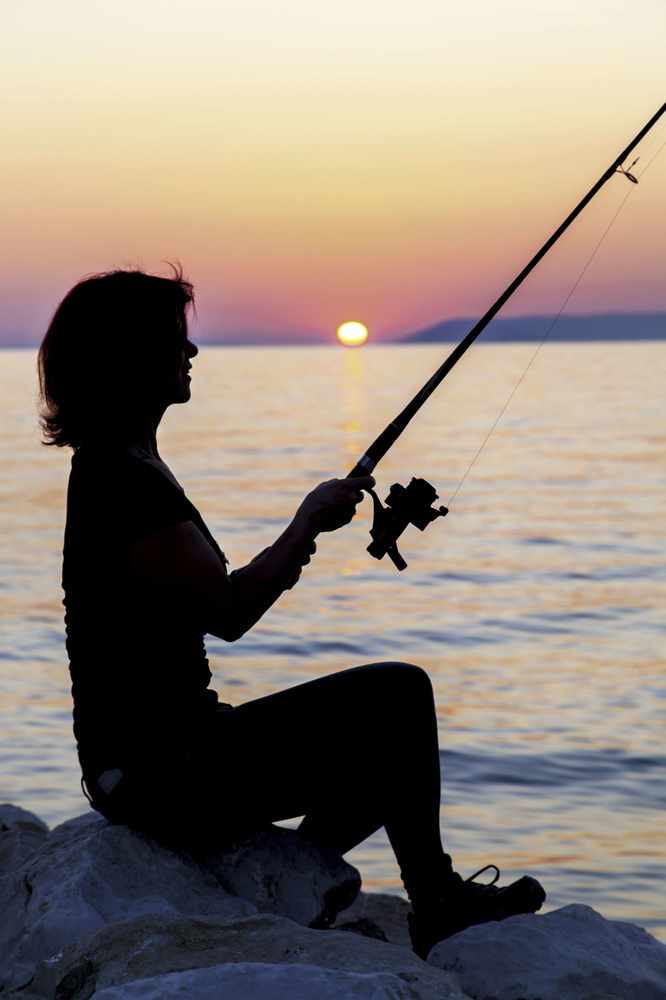The study was carried out by the British Acupuncture Council to mark Acupuncture Awareness Week and shows how over half of the UK are more stressed now than ten years ago and are turning to junk food and alcohol in a bid to make themselves feel better.
- Traditional acupuncture originated in China and other far-eastern cultures and is a natural system of healing that has been practised for more than 2,500 years.
- It is a treatment that involves inserting sterile needles, no bigger than a human hair, painlessly, at specific points on the body.
- These points are placed on the body where the bodys energy (called qi, pronounced chee) flows through channels, known as meridians.
- By inserting needles into points on these channels the energy flow is allegedly unblocked and the bodys own healing response is said to then restore its natural equilibrium.
- Acupuncture does not focus on symptoms, but treats pain or illness as a sign that the whole body is out of balance.[/breakout]
Sadly, there is a similar trend here in Jersey.
The study of 5,000 adults found that a third of us admit to comfort eating when stressed, a quarter confess to drinking alcohol and one in five admit they put on weight.
Despite 70 per cent of the UK saying they are aware prolonged periods of stress can have a long term impact on their health, almost half of people admit they just put up with it and two thirds say stress is unavoidable in their life.
Here in Jersey, local members of the British Acupuncture Council say: ‘Stress can make it difficult to maintain a healthy lifestyle but while reaching for your favourite foods or treating yourself to that bottle of wine may make you feel better in the short term, it won’t tackle the root cause of the problem. Traditional acupuncture is an effective, evidence-based therapy that can be a positive step for anyone wanting to get their stress levels back under control.’

With 2.3 million acupuncture treatments carried out each year, traditional acupuncture is one of the most popular complementary therapies practised today.
NEW acupuncture practitioners Juliet Forbes, Charlotte Janes and Allana Finn will be offering free 15-minute consultations throughout March as part of Acupuncture Awareness Week.
Allana will also be holding an open day at her clinic on Saturday 7 March, 10 am – 4 pm. Additionally, the organisers are offering readers the chance to win a free consultation and treatment with a BAcC acupuncturist.
To enter the competition, answer this question:
What is the traditional Chinese term for the body’s energy?
Send your answer to Acupuncture Competition, JEP Marketing, PO Box 582, Jersey, JE4 8XQ or email competitions@jerseyeveningpost.com including ‘Acupuncture’ in the subject line.
However, despite acupuncture’s widely recognised health benefits, many of us are missing the point when it comes to this ancient Chinese medicine.
Statistics show that only four per cent of the UK have tried acupuncture to cope with stress and 67 per cent say they didn’t know the therapy can help to release endorphins, the body’s feel-good hormones.
‘A course of traditional acupuncture helps to target the root cause of the problem as treatment is unique for each individual.
‘Typically, an individual could be stressed due to a deficiency in the body exacerbated by overwork, working long hours, burning the candle at both ends or a lack of proper rest and nourishing food.
‘Together with a specific treatment plan addressing diet, exercise and lifestyle, many patients find traditional acupuncture to be a wonderfully relaxing experience.
‘When looking for a practitioner, make sure you find a qualified acupuncturist registered with the British Acupuncture Council to ensure a high standard of care and safety.’
THE British Acupuncture Council is the UK’s largest governing body of traditional acupuncture with over 3,000 members.
BAcC members practise a traditional, holistic style of acupuncture diagnosis and treatment based on a system developed over 2,000 years.
To achieve BAcC membership, practitioners must undertake extensive training in acupuncture (a minimum three years’ full-time at BSc or BA degree level) which includes physiology, anatomy and other biomedical sciences appropriate to the practice of acupuncture. The acupuncturists’ practice skills are maintained by following a mandatory individual programme of continuing professional development (CPD).
BAcC-registered acupuncturists are able to display the Accredited Voluntary Register quality mark, showing they belong to a register that meets the Professional Standards Authority’s measures.
Helen Bliss, activities co-ordinator at The Limes Residential Home

How are you today?
Very well, thank you.
Do you have any medical conditions?
No, thankfully not.
Have you ever broken a bone?
No, but a resident once asked me if I had ever broken a bone in my body. I replied no, then she said ‘you wouldn’t do, would you? Being that fat’. That was before I lost three stone in the Biggest Loser challenge.
Any other surgery?
No.
What do you do to keep fit?
I work out at the Merton gym on Monday – I do legs, tums and bums. Then it’s a rest day Wednesday, boxing Thursday and the Merton again on Friday.
What’s your diet like?
I eat a lot more fish than meat. I snack on fruit and try to be good. I now read the calories and sugar levels on items, especially yogurts and cereal.
How do you treat a cold?
I take paracetamol, flu tablets, then get on with my day.
Are you a pessimist or an optimist?
I am optimistic, I always look on the bright side of things. Doing the Biggest Loser has given me more confidence.
Do you sleep well?
Before doing the Biggest Loser I used to get a lot of heartburn at night, but now I sleep very well.
What do you do to escape?
The Battle of Flowers.
Do you have any phobias?
I certainly don’t like spiders.
Do you smoke?
No.
What do you do that you know is bad for you?
I eat chocolate.
What do you think of alternative remedies?
I’ve never tried tried any alternative medicine, as I rarely take medicine.
How long would you like to live?
As long as possible, please.
Hooked for good – the health benefits of angling:

FISHING is the UK’s most popular participatory sport and a beloved hobby of thousands up and down the country.
But sometimes the general image is that it’s a bit boring and mainly done by men.
Fishing aficionados, however, are well aware that that’s not the case at all. All that baiting up, casting and reeling-in has lots of good points – and some of them revolve around well-being.
Ups vitamin D
Being outside will help your body top up its critical vitamin D reserves. Vitamin D helps regulate the amount of calcium and phosphate in the body, keeping your bones and teeth healthy, and has also been linked to helping battle depression.
Increases concentration
Being outdoors also increases your ability to concentrate, according to research in the British Journal of Sports Medicine. Apparently, walking in nature or simply spending time under leafy trees prompts electrochemical changes in the brain leading to a ‘highly beneficial state of effortless attention’.
Lowers stress
Surveys of anglers have found that their main motivation is not just what they might catch, but what they can leave behind. Nearly 90 per cent said escaping crowds and de-stressing was their ultimate goal. There are now charities supporting fishing to treat post-traumatic stress.
Helps the heart
If you do catch an edible oily fish, then you’ve got yourself a low-fat meal that’s packed with blood pressure-lowering and heart disease-reducing omega-3.
Keeps you fit
It might look like a lot of sitting, but a good fishing session can be very good exercise, toning your arms, and, say the experts, burning between 250 calories (if you are sitting) and 500 calories (if you’re angling in waders).
Gives you a challenge
Like any sport, fishing helps fulfil that basic human desire for purpose – you’re the hunter, the provider.
Enhances friendship






